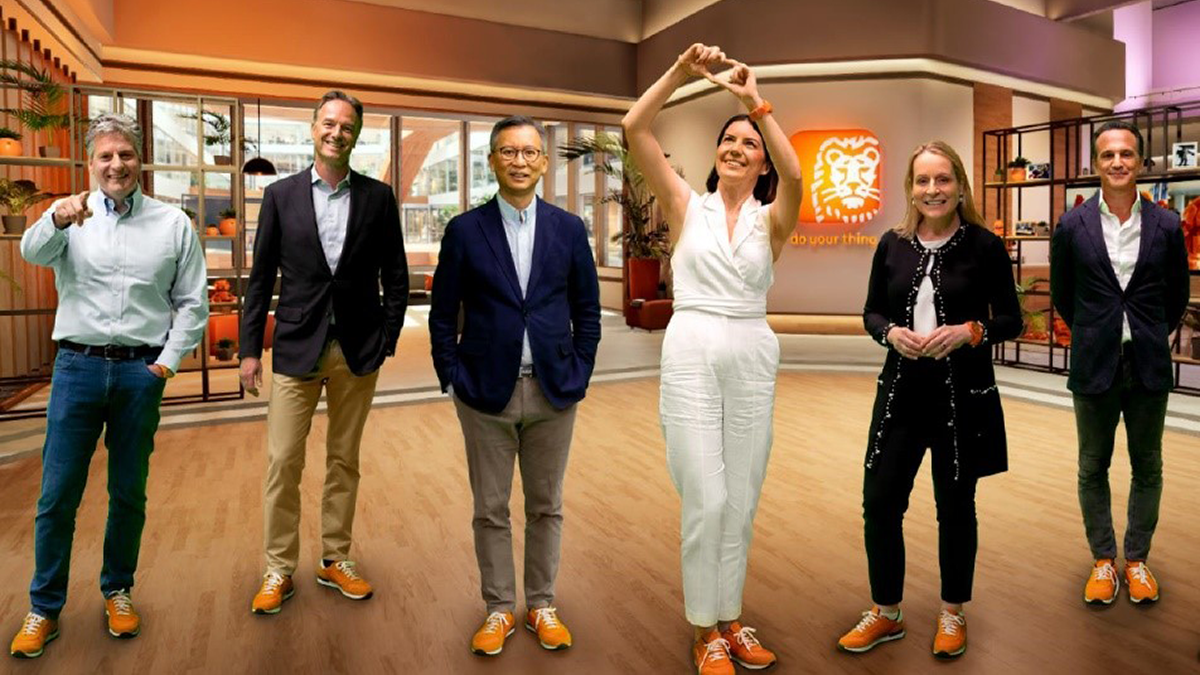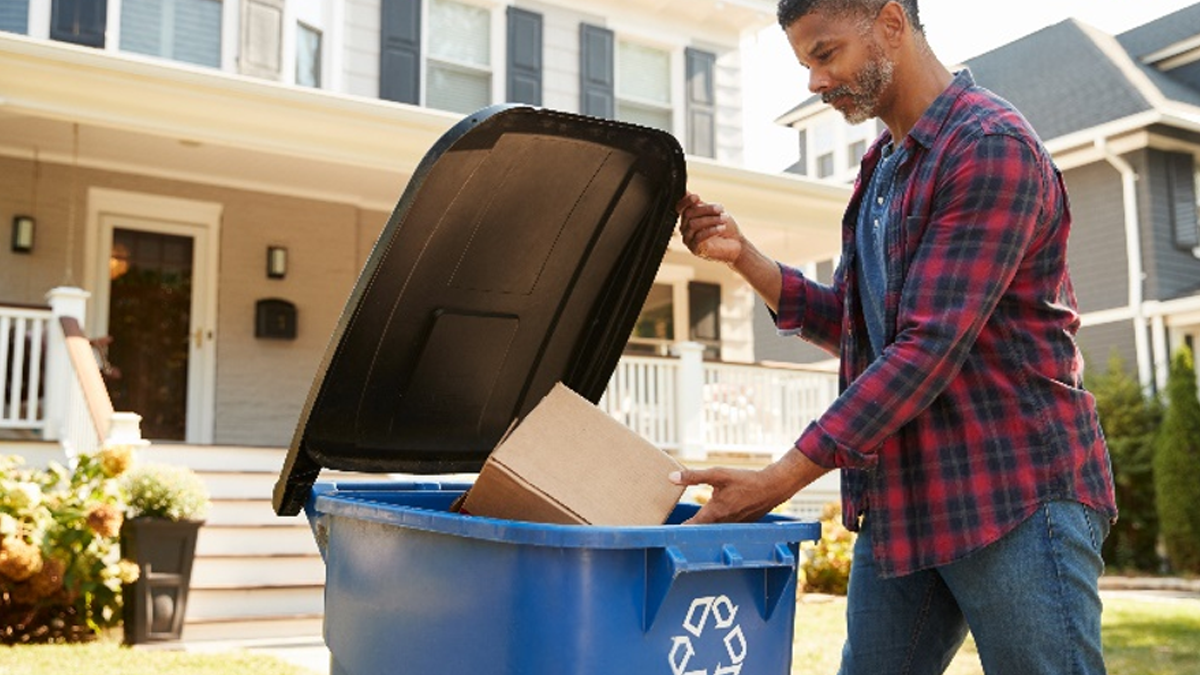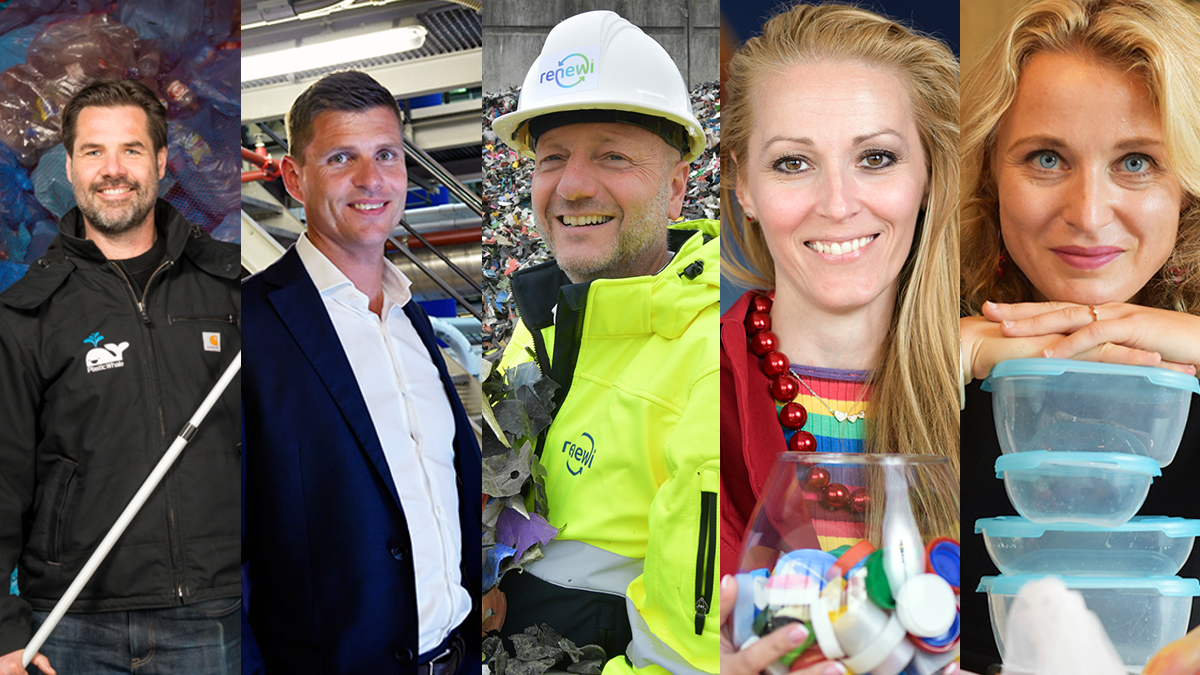Waste not, want not
The world has a chance to build back better after the coronavirus pandemic. But what about us average people? Do these unique circumstances give us some unique inspiration to make a few changes of our own?
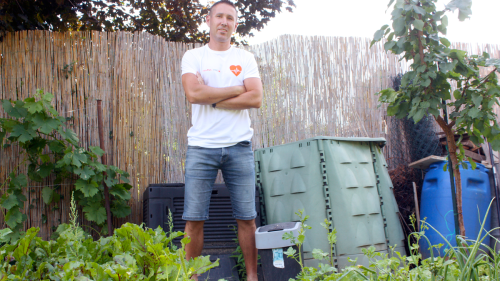
This four-part series features colleagues who have made certain choices to live more sustainably. They’re not perfect, so they’re not here to make the rest of us feel bad. But every marathon starts with one small step. Maybe this can inspire you to take yours.
Peter Kover, relationship manager from Wholesale Banking at ING in Slovakia, tells in his own words how he’s cut almost all waste from his household.
“It all started five years ago. I had some health problems, so I began eating different foods and changed my lifestyle. I lost 15 kilos, and then I started thinking about what else I could do differently. I heard about the book ‘Start with why’ by Simon Sinek, and it really inspired me. I realised we never ask why we do the things we do every day. So I started.
“I wondered why we produced so much waste and began trying to reduce it. About 70% of waste can be composted, so that was my first step. Composting is when you take all your organic waste like food and leaves, let it decompose and turn it into soil conditioner or fertilizer. It’s actually really easy. If you have a small composter, like I do, you just put everything in there and once in a while empty it into a bigger one. We have two large ones in the garden.
“We also recycle and reuse at home as much as possible. I separate plastics and paper from the other garbage, and the paper that I can’t recycle, like tissues, is used for the fireplace. I’m using wood from a torn down house to build a terrace and create our own wooden planters for the garden. I also have two large rainwater tanks that collect water to use for watering the garden. Rainwater is much better for the garden anyway, now I’m just working on trying to automate it. We also grow our own fruits and vegetables and freeze them to use throughout the winter.”
Only one bag per month
“So all this means that in one month, we only create one small bag of regular waste. What’s funny is I don’t even pay for waste. When I finished building my house, the city asked which kinds of garbage containers I needed and I said only plastic and paper. I don’t need a normal trash can, and so I don’t have to pay for it. I take my one bag of garbage to my parents’ house each month. 😊
“My father was also an inspiration. He used to compost when I was a child, and was always growing everything by himself. He was always proud that it was from his own hands, not from a shop. I used to just smile, but now I understand, how it is to do it yourself. It’s a really good feeling to be independent from the shops. And I think I’ve even improved from how it’s done at my parents’ house. Because while he composted, he still created a lot of waste.
“Climate change is a really big topic among a lot of people. You can literally see the earth changing. When I was small we had one meter of snow every winter. Now we don’t have any. Although there’s also positive change, like about 25 countries in Africa that ban plastic.
“I work as a relationship manager and all my clients are talking about climate change. Even the tough ones. We have some clients that are really trying to change, like a steel factory, which is obviously making CO2 emissions, so it’s not easy. But the world still needs steel, we can’t yet just stop. This client is really investing a lot of money in environmental improvement. It’s difficult but I see it’s changing and I’m proud of how ING is part of this.
“Since I work in the front office, I fly a lot for projects, meetings or trainings. Covid-19 has shown us that it’s not needed so much. We can do many things through video or phone calls. Maybe we should ask ourselves ‘why’ here as well. I think we can cut the number of trips in half, which would help and yet wouldn’t harm the business.
“Do I feel proud? I feel good. That’s enough for now.”
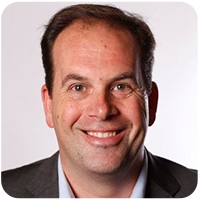
“It’s really good to see that Peter’s bringing the principles of a circular economy into his household and everyday life. Moving from ‘take, make, waste’ to ‘reduce, reuse, recycle’ starts also with our own actions. In fact, our recent research shows that consumer attitudes around sustainability and environmental issues have reached a tipping point – both in people’s personal sense of responsibility as well as their expectations of the brands they buy from!
Our role as a bank is important. We can help by financing circular companies and projects, while working together across industries, value chains, and the public and private sectors to help encourage and create new circular business models.” – Joost van Dun, circular economy lead, Wholesale Banking
Peter’s reading list:

